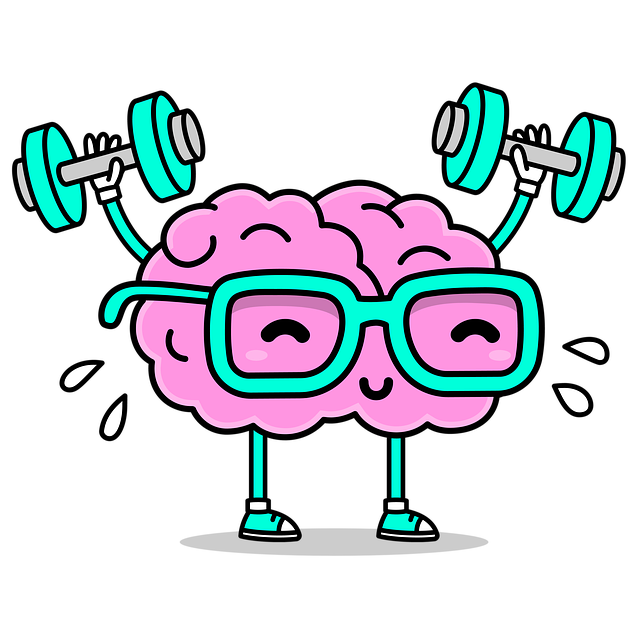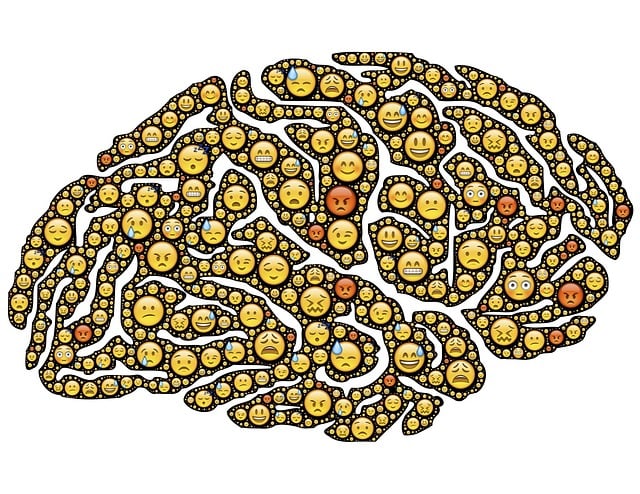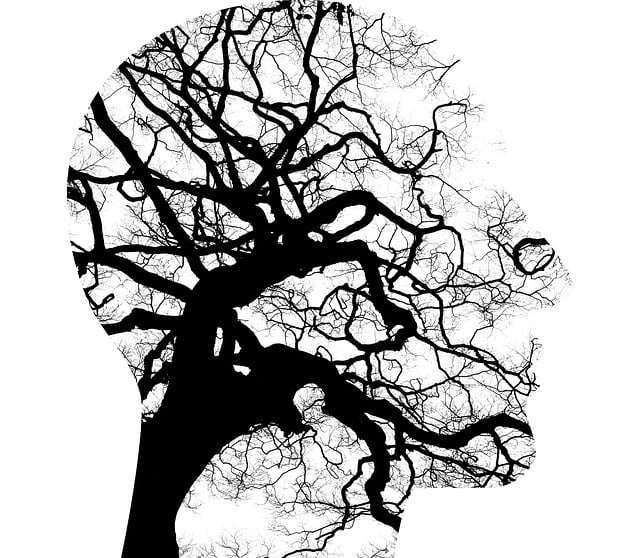Lafayette Cancer Center prioritizes holistic care through its RFM (Reliability, Functionality, Maintenance) principles, addressing physical, emotional, and social needs of cancer patients. This framework enhances resilience with activities like Social Skills Training and Self-Esteem Improvement, crucial for managing stress, anxiety, and depression associated with Lafayette Cancer Issues Therapy. Resilience-building exercises, such as Compassion Cultivation Practices (CCP), significantly improve patient outcomes. The Mental Wellness Podcast Series offers ongoing support post-formal therapy. Implementing structured programs focusing on self-esteem improvement and emotional agility enhances mental wellness, with personalized options like guided visualizations and journaling prompts. Lafayette's Resilient Mindset Training (RMT) has shown remarkable success in managing cancer-related stress, anxiety, and depression, fostering a supportive community through group sessions and personalized coaching.
In the realm of cancer care, resilience is a powerful tool. This article explores the implementation of RFM (Resilience, Flexibility, and Mastery) exercises at Lafayette Cancer Center, highlighting their role in enhancing patient therapy. We delve into the science behind these practices, examining their profound impact on patient outcomes. Through practical strategies and real-world case studies, healthcare professionals can harness the power of RFM to empower patients, fostering resilience against cancer issues and improving overall therapy experiences.
- Understanding RFM and Its Role in Cancer Therapy at Lafayette
- The Impact of Resilience-Building Exercises on Patient Outcomes
- Practical Implementation Strategies for Healthcare Professionals
- Case Studies: Success Stories from Lafayette Cancer Center
Understanding RFM and Its Role in Cancer Therapy at Lafayette

At Lafayette, understanding RFM (Reliability, Functionality, and Maintenance) is crucial in cancer therapy. This approach ensures that patients receive holistic care that addresses their physical, emotional, and social needs. RFM serves as a framework to enhance resilience, enabling individuals to navigate the challenges posed by cancer diagnosis and treatment. By focusing on reliability, Lafayette’s cancer support programs ensure consistent access to quality care, fostering trust among patients.
The role of RFM goes beyond ensuring operational efficiency. It facilitates the implementation of activities like Social Skills Training and Self-Esteem Improvement, which are vital for stress management. These exercises help patients cope with anxiety, depression, and the overall stress associated with cancer issues. Through such initiatives, Lafayette aims to revolutionize cancer therapy, promoting not just physical recovery but also mental and emotional resilience among its patients.
The Impact of Resilience-Building Exercises on Patient Outcomes

Resilience-building exercises have been shown to significantly enhance patient outcomes, particularly in the context of Lafayette Cancer Issues Therapy. These practices, such as Compassion Cultivation Practices (CCP), go beyond traditional medical treatments by addressing the emotional and psychological needs of patients. By incorporating CCP into a patient’s Self-Care Routine Development for Better Mental Health, therapists enable individuals to cope with stress, anxiety, and depression, thereby improving their overall mental wellness.
The integration of resilience-building exercises extends beyond the therapy room; it empowers patients to navigate challenging situations with greater equanimity. This not only enhances their quality of life during cancer treatment but also prepares them for potential setbacks and recurrences. Moreover, the Mental Wellness Podcast Series Production can serve as a valuable tool to support continuous learning and practice, ensuring patients have access to evidence-based strategies even after formal therapy concludes.
Practical Implementation Strategies for Healthcare Professionals

Implementing resilience-building exercises (RFM) in healthcare settings offers a powerful approach to enhancing patients’ mental wellness and coping skills development, especially when tailored to address unique challenges like those presented by Lafayette Cancer Issues Therapy. Healthcare professionals can play a pivotal role in this process by incorporating structured programs that foster self-esteem improvement and emotional agility. One effective strategy is integrating RFM into routine care plans, ensuring these exercises are accessible and relevant to patients’ journeys. For instance, group therapy sessions could incorporate mindfulness practices, cognitive reframing techniques, and positive affirmation activities, empowering individuals to navigate their health challenges with greater resilience.
Additionally, personalizing RFM to cater to diverse patient profiles is key. Healthcare providers can offer a range of options, from guided visualizations and journaling prompts to creative arts therapies, allowing individuals to engage in ways that resonate with their personalities and preferences. Regular feedback mechanisms should be established to gauge the effectiveness of these interventions, enabling continuous refinement and adaptation to meet the evolving needs of patients navigating Lafayette Cancer Issues Therapy and beyond.
Case Studies: Success Stories from Lafayette Cancer Center

At Lafayette Cancer Center, the implementation of Resilient Mindset Training (RMT), a specialized program focusing on emotional intelligence and crisis intervention guidance, has led to remarkable results among patients navigating cancer issues. This innovative approach goes beyond traditional therapy by empowering individuals with tools to manage stress, anxiety, and depression prevention strategies. Through group sessions and personalized coaching, patients have reported significant improvements in their emotional well-being, enabling them to cope more effectively with the challenges of cancer treatment.
The center’s success story highlights how RMT fosters a supportive community where participants learn from each other’s experiences. By integrating these exercises into standard care, Lafayette Cancer Center has not only enhanced the quality of life for its patients but also contributed valuable insights into holistic cancer support. This case study serves as a powerful example of how emotionally intelligent interventions can revolutionize patient therapy, ensuring they emerge with greater resilience and mental fortitude in their battle against cancer.
Implementing RFM and resilience-building exercises in cancer care, as demonstrated by the successful integration at Lafayette Cancer Center, offers a powerful approach to enhancing patient outcomes. By combining innovative therapy with traditional treatment methods, healthcare professionals can create a supportive environment that empowers patients to navigate their journey with greater resilience. This holistic strategy not only complements existing treatments but also has the potential to improve overall quality of life for those facing cancer. As research continues to evolve, adopting these practices in healthcare settings like Lafayette Cancer Center could be a game-changer in managing and treating cancer issues.











